Treasury analysis on superannuation reform fell short: Office of Impact Analysis
Anthony Albanese’s own department has found Treasury failed to properly assess the impact of the government’s proposed $2bn-a-year superannuation changes, labelling the process ‘insufficient’.
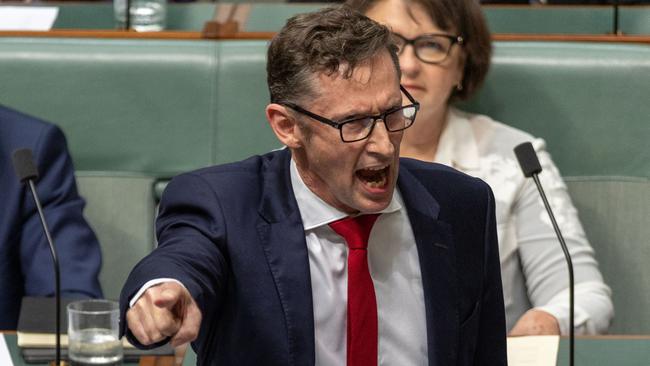
Anthony Albanese’s own department has found Treasury failed to properly assess the impact of the government’s proposed $2bn-a-year superannuation changes, labelling the process “insufficient”.
The independent Office of Impact Analysis, which judges the quality of detailed and evidence-based analysis for complex legislation, found Treasury failed to complete a proper impact analysis before Jim Chalmers’ announcement on February 28 of the superannuation changes to funds with balances of more than $3m.
As a result of the “insufficient” rating for analysis, the lowest rating available, Treasury is now required to conduct a review of the legislation after it is introduced to properly assess the impact of the new laws.
The office, within the Department of Prime Minister and Cabinet, said because the policy would have major effects on individuals and superannuation funds, an impact analysis was “required to be prepared but was not completed … Accordingly, a post-implementation review is required to be completed within two years of its implementation.”
The internal assessment comes as Assistant Treasurer Stephen Jones in parliament conceded there could be “unintended consequences” for farmers and small businesses caught up in the changes.
A backlash from the opposition and farming groups has piled pressure on Labor to provide further details on the plan to double the tax rate to 30 per cent on earnings on super balances over $3m, and Mr Jones in question time committed to engage in “meaningful consultation” to guard against perverse outcomes for those affected.
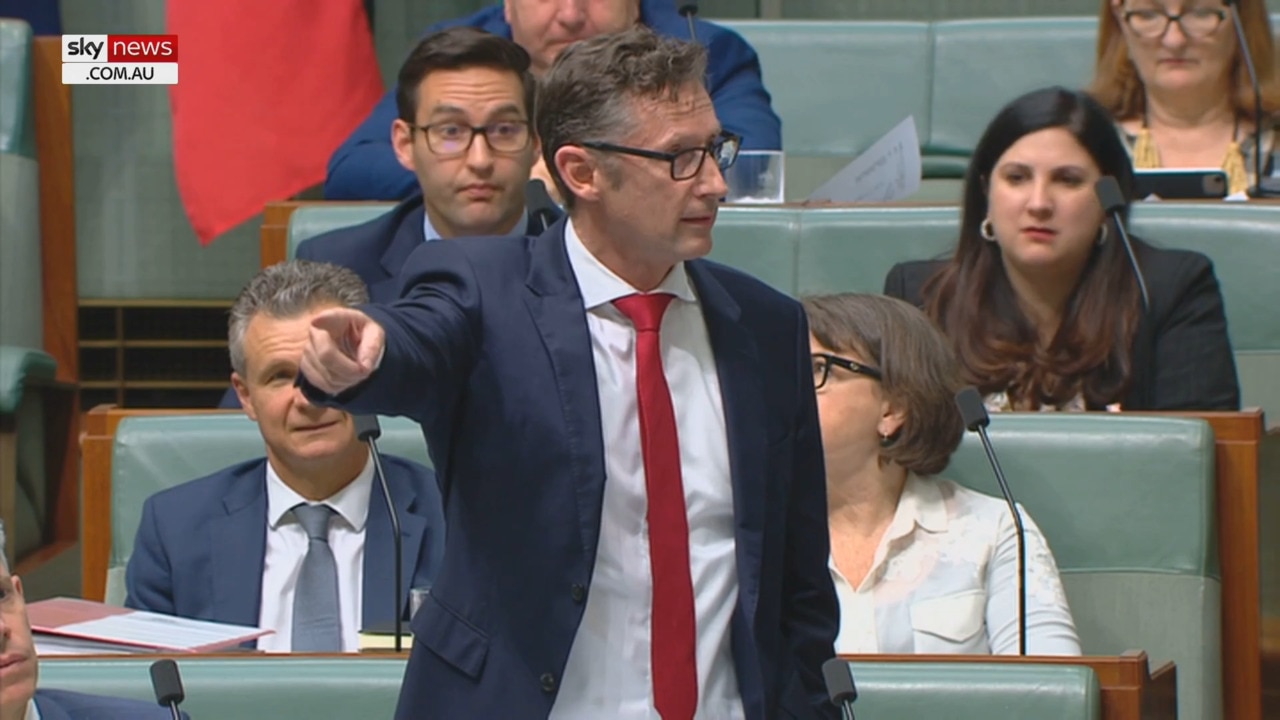
The Prime Minister had promised not to tinker with super settings, and while Labor will legislate the tax hike in this parliamentary term, it will not hit savers until 2025-26 and after the next election.
Mr Jones, who is also Financial Services Minister, in question time said “given that this (the super change) won’t come into effect for another two years, we will engage in a meaningful consultation, including with the farming sector, to ensure that any unintended consequences … are not falling upon them”.
The Labor frontbencher said it was a “good question” whether a fund that had paid tax on an unrealised profit in one year would receive a refund on that tax should the value of its investments fall in future years.
“Yes, it is true that there are going to be a very small number of individuals, funds, who are going to be paying more money under this arrangement,” Mr Jones said.
“We wouldn’t be doing it otherwise. And the object of the changes is to ensure, on the one hand, that we maintain the integrity of our superannuation system, and on the other hand we also make a contribution to the $1 trillion worth of debt that those opposite have left us.”
National Farmers Federation chief executive Tony Mahar told The Australian: “We very much welcome that commitment to consultation. Farmers are worried about a range of unintended consequences. The taxation of unrealised gains is our primary concern.
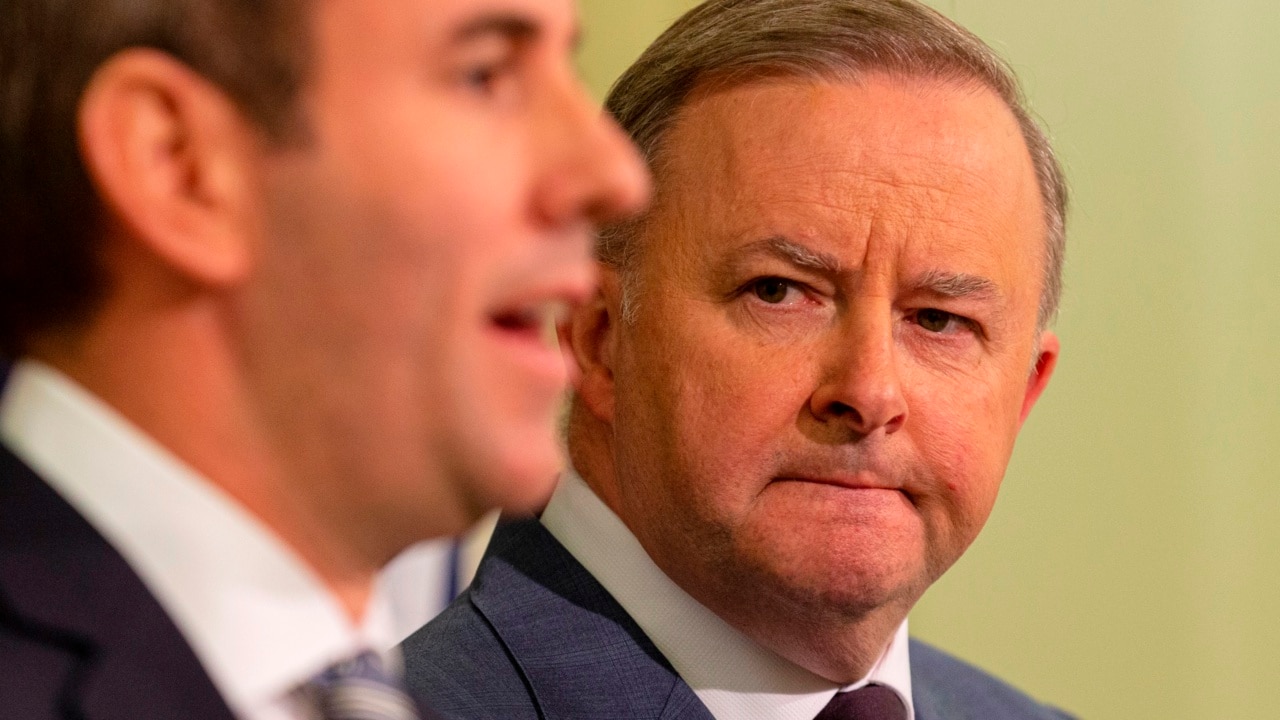
“The proposal might not come into effect until 2025, but people are investing and making decisions now. They need certainty. Talking to industry is a good start.”
Mr Mahar said in the worst case scenario, family farms could be sold off to meet a tax bill “simply because the value of an asset has increased on paper”.
“It’s like charging capital gains tax annually on the family home. That has a lot of people worried,” he said.
The government has said the changes will affect about 80,000 funds, or 0.5 per cent of superannuants. Finance Minister Katy Gallagher this week, however, revealed that Treasury estimated that not indexing the $3m threshold meant 1 per cent of savers would be caught up in the changes by the end of the decade, and 10 per cent in 30 years.
Mr Jones’s comments come as four teal independents voted with the Coalition against the government’s proposed $600m crackdown on franking credits.
Goldstein MP Zoe Daniel, Wentworth MP Allegra Spender, Mackellar MP Sophie Scamps and North Sydney MP Kylea Tink voted with the Coalition during a division on the bill; Kooyong MP Monique Ryan and Warringah MP Zali Steggall abstained; and Climate 200-linked teal MPs Rebekha Sharkie, Helen Haines and Kate Chaney voted with the Albanese government on the legislation, which effectively abolishes certain forms of franking credits.
ADDITIONAL REPORTING: SIMON BENSON

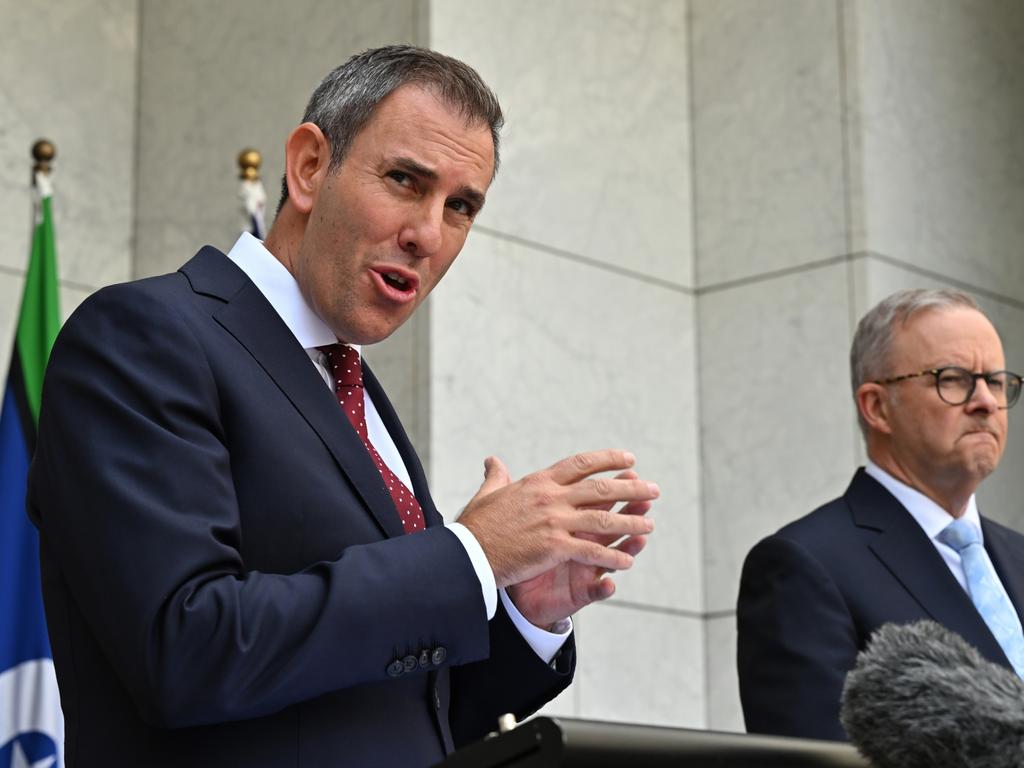



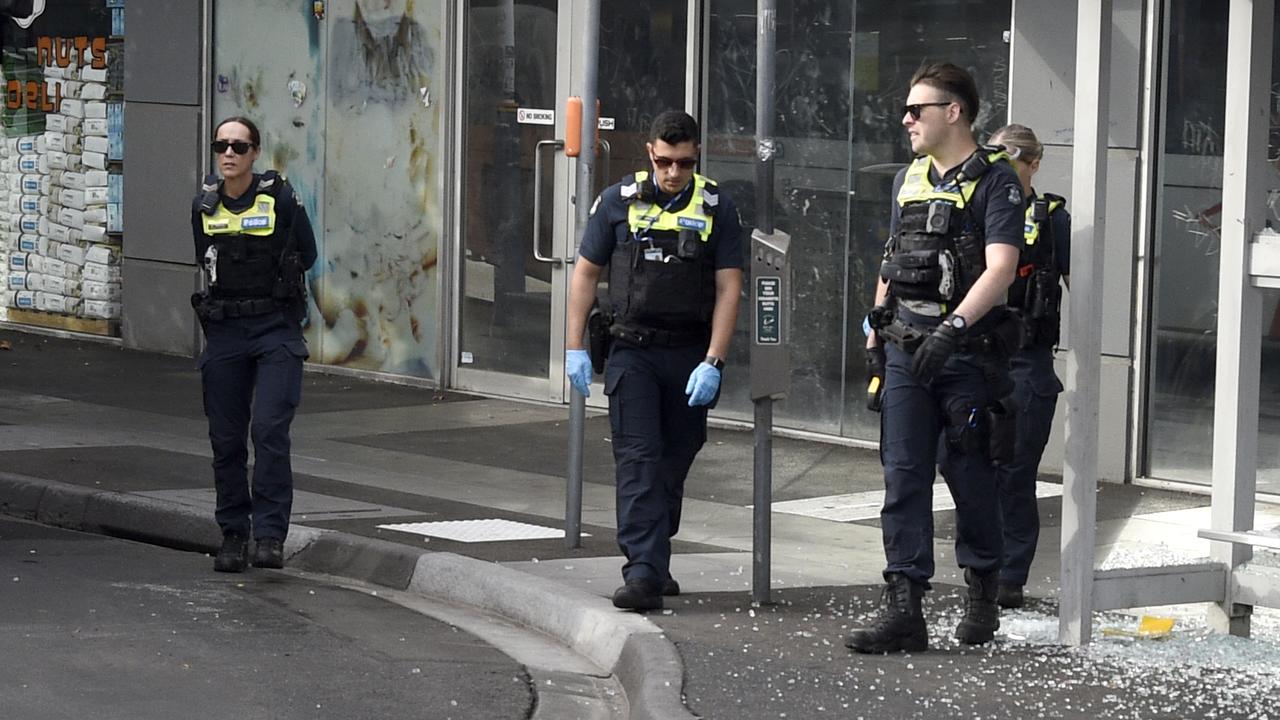

To join the conversation, please log in. Don't have an account? Register
Join the conversation, you are commenting as Logout